About the Book
Following BBC Twos hit series Tudor Monastery Farm, Ruth Goodman, Peter Ginn and Tom Pinfold go back in time to undertake the ultimate history lesson and discover what it was really like to live in this extraordinary age.
As our intrepid historians expertly recreate a working Tudor farm, see how they tackle everything from blacksmithing to beekeeping and from spinning wool to sowing crops all without electricity, heating or medicine.
Away from the fields, the team learn to cook, clean and celebrate, the Tudor way. They also delve deeper into important industries and examine how, with the dissolution of the monasteries, the everyday landscape of England and Wales would soon change forever.
From building a pigsty to preparing an Easter banquet, the priesthood to the printing press, Tudor Monastery Farm is the kind of entertaining look into history that only those whove lived it can provide.
About the Authors
RUTH GOODMAN is a historian and independent scholar, specializing in social and domestic history. She works with a wide range of museums and other academic institutions exploring the past of ordinary people and their activities. As well as appearing on all three previous Farm series, Ruth also makes frequent appearances on The One Show and Coast.
PETER GINN has swallowed the beating heart of a snake, burnt his tootsies walking on the surface of Krakatoa, helped to smuggle a man over an international border and set fire to himself (twice) a life in archaeology is anything but dull and Peter wants to keep it this way. Peter studied at University College London and has a passion for making the past accessible to all.
TOM PINFOLD is the latest addition to the Farm team. A military historian, he contributed to the 70th Anniversary Battle of the Atlantic Commemorations in Liverpool in conjunction with the Royal Navy. He has worked as an archaeologist in the UK and abroad, and travelled to 50 countries around the world.
LION TELEVISION was founded in 1997 and is one of the most successful independent production companies in the United Kingdom, producing hundreds of hours of programmes a year for broadcast around the world. It is headed up by Jeremy Mills, Nick Catliff, Richard Bradley and Shahana Meer. David Upshal is the Executive Producer of the Tudor Monastery Farm series for Lion TV having previously devised and produced the shows Victorian Farm, Edwardian Farm and Wartime Farm.
INTRODUCTION
 ayleaf Farmstead is in a beautiful part of West Sussex, surrounded by a mixture of green fields and woodland. There is an openness to it; it is never so hilly that you lose the horizon, yet its woods and forests provide an air of mystery.
ayleaf Farmstead is in a beautiful part of West Sussex, surrounded by a mixture of green fields and woodland. There is an openness to it; it is never so hilly that you lose the horizon, yet its woods and forests provide an air of mystery.
Entering into our new guises as Tudor farmers, there was a blend of excitement and trepidation on our first day. What were we letting ourselves in for? As it turned out, life on the farm was to be a strange mix of sweat, blood and laughter. Hard work every day meant that we did perspire a lot I dont think our period clothes will ever recover! I also bled weekly and picked up an array of interesting bruises that only became apparent when the adrenalin had worn off and the dirt had been removed. Most importantly, though, we laughed a lot. With Peter and Ruth there was always something to enjoy, and when things went wrong, there wasnt much else to do but throw up your hands and smile.
Almost as soon as we arrived, we saw that our commercial enterprises would have to take full advantage of our new environment. This included livestock, an arable crop and whatever raw materials we could source locally to aid our cause. The woods around our farmstead had many different species of tree, which would prove invaluable for making structures and tools. There were enough fields around that we could care for our livestock and grow our crop, all within a walk of the farmstead!
The weeks to come would be packed with everything from grappling with geese to constructing a pigsty, learning archery and blacksmithing, all rounded off with a hearty Tudor meal at the end of a long working day. We found that theres no other way to do a project like this other than to just roll up your sleeves, get involved and give everything a go.
In the course of the months that followed, we found some strategies helped us get accustomed to Tudor life. Our three top tips for survival were as follows:
ONE: EXPECT THE UNEXPECTED
There is no such thing as a five-minute job on a farm. Every day we had an idea of what we wanted to achieve throughout our working hours, breaking the day down into morning, afternoon and evening tasks. But on a Tudor farm, plans are a nice idea at best. Two hours work with the cows could easily become four with very little to show for it. Inexplicably, the amount of coppice required was always more than our most prudent calculations had worked out.
We tried to keep our goals as realistic, achievable and time-orientated as possible and with time and experience we began to get a sense of how long each task would take knowledge which in Tudor times would have been passed on from generation to generation, but which we were improvising for ourselves. (I say we began to get a sense: Peter still believes there is such a thing as a five-minute job, even though to this day, he has never completed a job in five minutes or under. But still, you definitely cant fault his optimism!)
TWO: PUT IN 100% EVERY DAY
Never has the expression there are not enough hours in the day seemed so relevant as they did on our farm. Not even with early starts and late finishes did we ever feel that we were on top. As a team it was crucial to keep pushing because, as it would have been in Tudor times, survival was a team effort.
A lot of Ruths tasks, particularly around the house, were made harder because they were solo efforts. While Peter and I might have been involved in some big projects, we always had the luck, and sometimes joy, of being able to fall back on (or blame) someone else if things werent going to plan. Of course, we all know that beer tastes best after a hard days work, but on the Tudor farm that really was the light at the end of the farming tunnel.
AS IT WOULD HAVE BEEN IN TUDOR TIMES, SURVIVAL WAS A TEAM EFFORT
THREE: HAVE A SENSE OF HUMOUR
A high-pressure environment can often lead to mistakes and to stress. For Tudor farmers, their work was their livelihood; if a project failed, it could mean a hard year not just for them, but their family. It was a serious business, but laughter was a constant way of dealing with problems and easing some of the pressure. It allowed us to take a step back and look at why something was not working why, for example, the geese refused to do as we wanted and then bit us for our trouble We had to learn to take our situation seriously but also that to get through it, we had to lift ourselves. Laughter, not ale, was the answer.

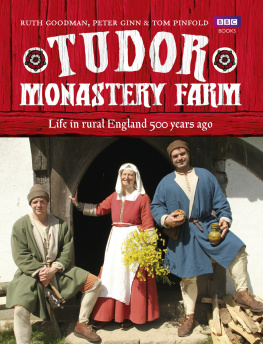
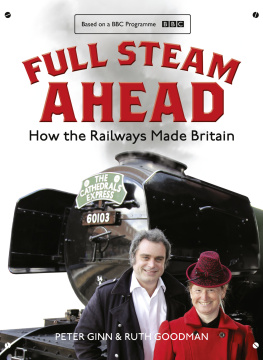
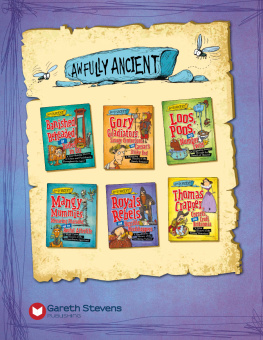
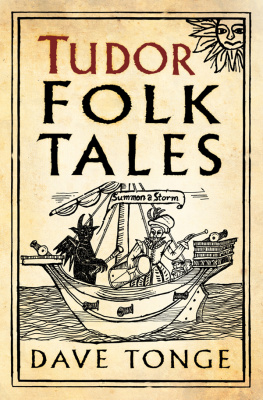

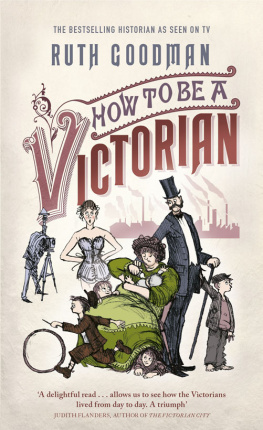
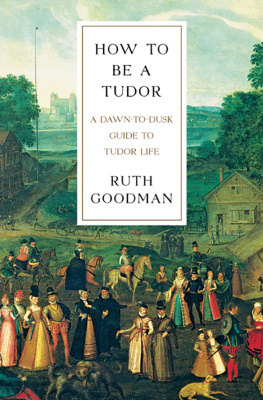

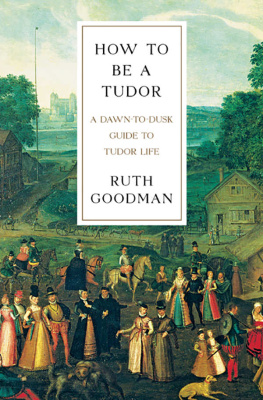


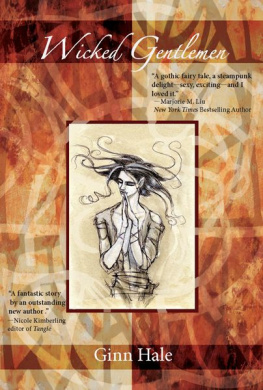



 ayleaf Farmstead is in a beautiful part of West Sussex, surrounded by a mixture of green fields and woodland. There is an openness to it; it is never so hilly that you lose the horizon, yet its woods and forests provide an air of mystery.
ayleaf Farmstead is in a beautiful part of West Sussex, surrounded by a mixture of green fields and woodland. There is an openness to it; it is never so hilly that you lose the horizon, yet its woods and forests provide an air of mystery.

